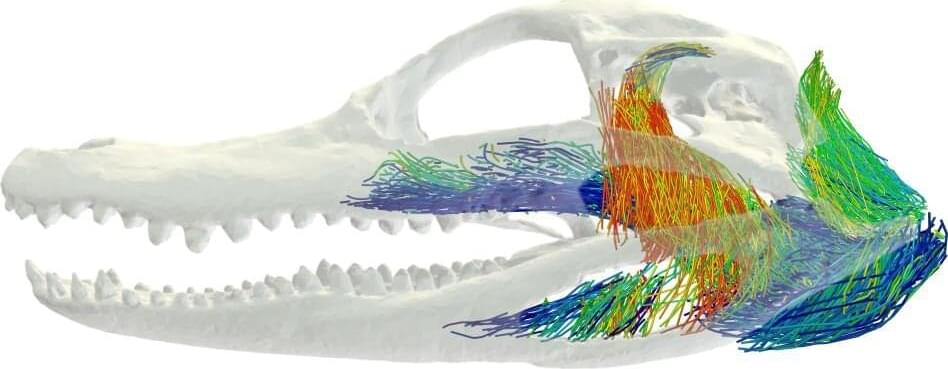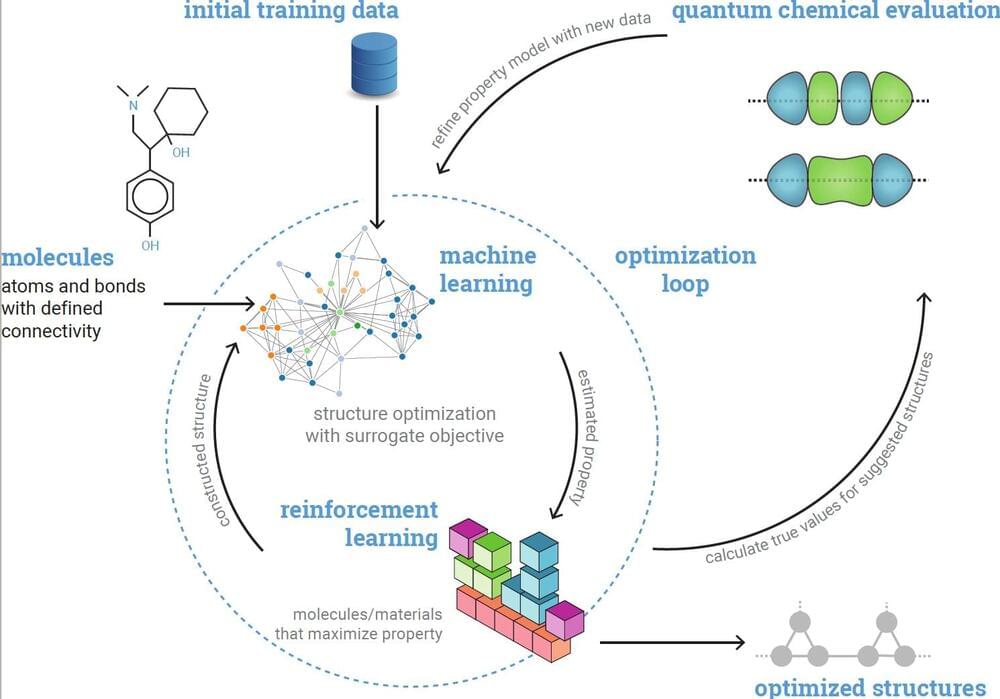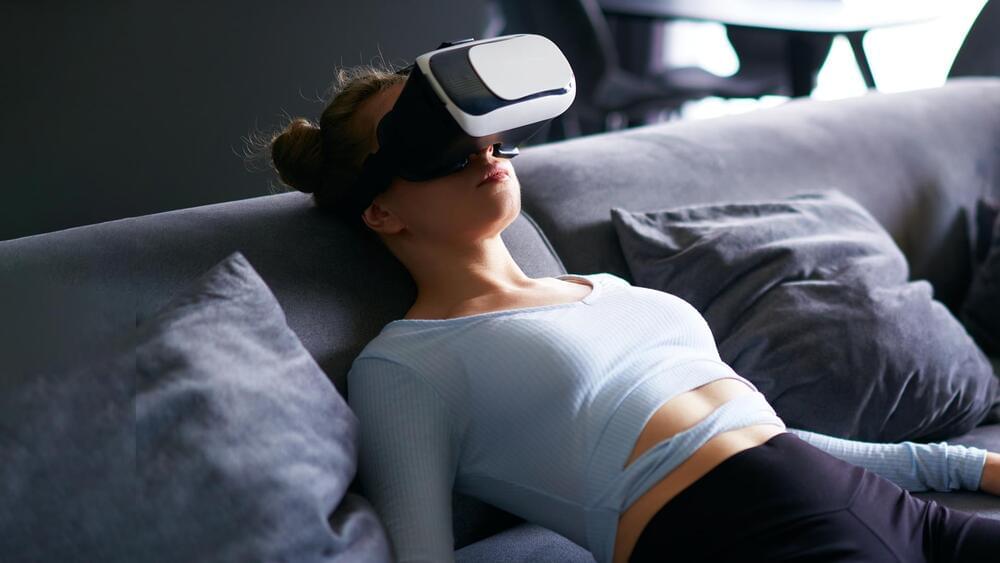There was once a time, not so long ago, when scientists like Casey Holliday needed scalpels, scissors and even their own hands to conduct anatomical research. But now, with recent advances in technology, Holliday and his colleagues at the University of Missouri are using artificial intelligence (AI) to see inside an animal or a person—down to a single muscle fiber—without ever making a cut.
Holliday, an associate professor of pathology and anatomical sciences, said his lab in the MU School of Medicine is one of only a handful of labs in the world currently using this high-tech approach.
AI can teach computer programs to identify a muscle fiber in an image, such as a CAT scan. Then, researchers can use that data to develop detailed 3D computer models of muscles to better understand how they work together in the body for motor control, Holliday said.







